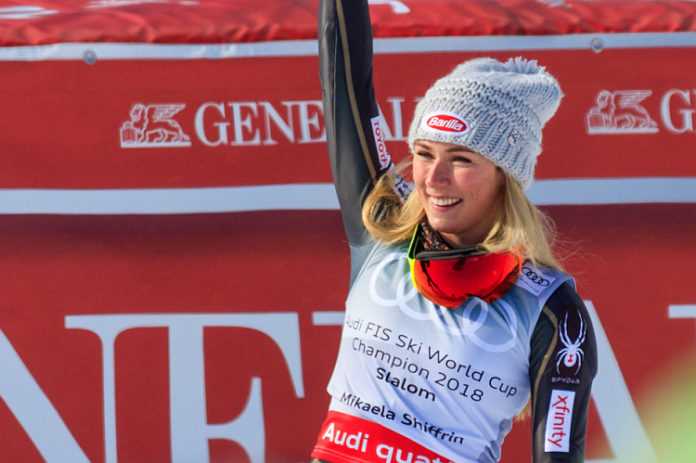Russia has thrown one of the hottest potatoes in international sport right back into the hands of the World Anti-Doping Agency.
While a WADA team was in Moscow two weeks ago, and ready to proceed with the transfer of the testing database of the Moscow Laboratory that was at the center of Russia’s state-run doping scandal from 2011-15, they were turned away because their “team’s equipment to be used for the data extraction was required to be certified under Russian law.”
So now WADA has released a statement that showed a keen grasp of the obvious:
“[T]he 31 December 2018 deadline – by which time the Russian authorities had to provide access to the data – has elapsed without the data having been retrieved. The deadline was one of two conditions stipulated in WADA’s 20 September Executive Committee (ExCo) decision regarding the Russian Anti-Doping Agency’s (RUSADA’s) compliance with the World Anti-Doping Code (Code).”
So what happens now?
The WADA statement noted further that its team would file a report on the visit and then:
● “On 14-15 January 2019, the [Compliance Review Committee] will meet and review all available elements. The CRC will provide a recommendation to the WADA Executive Committee based on the applicable rules, namely the International Standard for Code Compliance by Signatories (ISCCS), which entered into force on 1 April 2018, and the Code; and
● “As soon as practicable thereafter, the CRC’s recommendation will be considered by the ExCo.
“Under the ISCCS, if the CRC recommends non-compliance, and the ExCo agrees with it, RUSADA will have the right to challenge that assertion to the Court of Arbitration for Sport (CAS), who will hear the case and take the final decision.”
The WADA Athletes Commission has no doubt about the path forward. Its 2 January statement was short and to the point:
“We are extremely disappointed that the Dec. 31 deadline imposed on Russia by WADA has not been adhered to by the Russian authorities.
“We now expect that following the process recommended by the CRC that Russia will be declared non-compliant. Only this action will be suitable and appropriate in the view of the athletes.
“Anything less will be considered a failure by WADA to act on behalf of clean athletes.”
Think this is problematic? There’s more!
While the WADA team was not allowed to complete its mission by year-end, with the obvious consequences, the Russian government has said that the effort to turn over the database is continuing. “An absolutely transparent work process is underway and we expect it to be completed by January 16,” said Olga Golodets, the Russian Deputy Prime Minister for Sport, Tourism and Cultural Development.
So the process is going to be finished the day after the Compliance Review Committee (likely) recommends another Russian suspension? Are the Russians simply toying with WADA?
Then, there is the stance of the International Olympic Committee through its President, Thomas Bach. In his New Year’s Message, he notably reviewed the Russian “suspension” for the PyeongChang Winter Games and wrote, “With its suspension from the Olympic Winter Games PyeongChang 2018, the Russian Olympic Committee has served its sanction, while in other organisations procedures are still ongoing.”
The IOC reinstated Russia just days after the PyeongChang Games ended and seems to think everything is fine.
And there are those who think that the emphasis on Russia is misplaced.
Jamaican Renee Anne Shirley, former director of the Jamaica Anti-Doping Commission (JADCO), said on Twitter, “Global anti-doping in my experience is governed with the implicit knowledge that blatant cheating is taking place everywhere…As long as ppl are not outed w/ evidence we can pretend that it isn’t happening…”
In the meantime, the International Association of Athletics Federations (IAAF) has maintained its suspension of Russia and appears to be in no hurry to reinstate them until it gets access to the Moscow Lab database, is able to access samples upon request for its own re-testing and is paid its expenses (about $2.76 million so far) for its work on the Russian doping problem.
This is a mess, and the Russian question is only part of it. What is happening in January and in the succeeding months is important, but it is only part of a fight for the soul of WADA. A new WADA president will be elected in November and Norwegian minister Linda Helleland – a strong advocate of maintaining the Russian suspension – is already campaigning. She will be strongly opposed by a candidate whose views are more in line with Bach.
There is a lot at stake here, and the outcome is far from certain.























